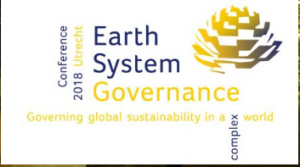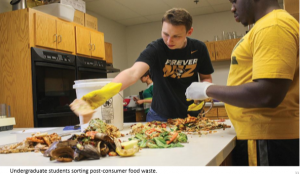The Marine Debris Nexus: Plastic, Climate Change, Biodiversity, and Human Health. In Conference 2018 Earth System Governance Conference Papers (pp. 1–21).
By: Stoett, P., & Vince, J. (2018)
Abstract
Efforts to establish global environmental governance related to marine debris, including revamping UNCLOS, establishing new marine areas beyond national jurisdiction ( ABNJ) regimes, and even promulgating a global treaty committing states to reduce plastic usage and waste, are proliferating as we face the stark reality that plastic presence in marine ecosystems present a variety of increasing threats at the ecosystem level. The observational science is incontrovertible, and policy has been playing catch-up for well over two decades now. A recent flourish of counter-plastic policy, mostly focused on single-use products from bags to beauty products, is welcome.2 Yet the topic is often treated in isolation, as if plastic – and, by extension, the political and cultural narratives shaping the related discourse — floats above the other problems it encounters, exacerbates, and deepens.
Food Waste Prevalence and Management Considerations in School Environments
By:Costello, C., & García-Herrero, L.
Overview
- Environmental impacts of agriculture and food production
- Mizzou – Campus Dining Waste Audit
- Elementary School Waste Audits:
- Italian Elementary School Study, UNIBO
- Columbia Public School Study, UNIBO & MU
Agriculture is the leading cause of disruption to nitrogen and phosphorous cycles and loss of biodiversity. Agriculture and food production also contribute to greenhouse gas emissions and, thus climate change.

